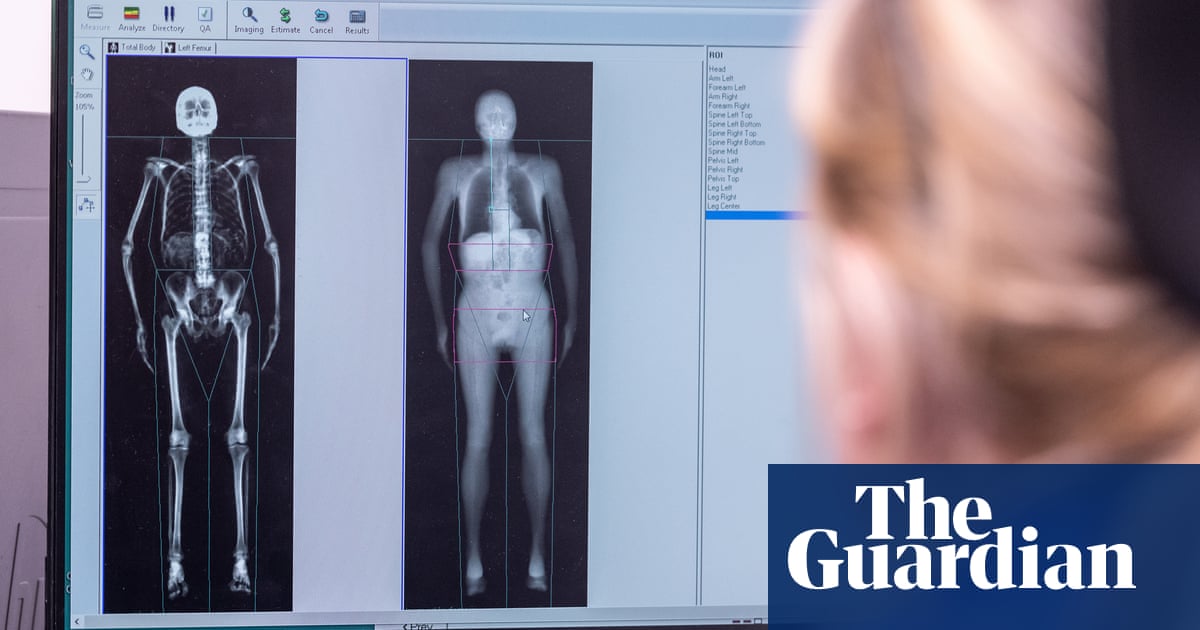Doctors striking without informing their NHS trusts would be “unconscionable”, the health secretary has warned in advance of a meeting with the British Medical Association (BMA).
Wes Streeting said that if it goes ahead, the strike would be a “catastrophic mistake” and that any decision by resident doctors not to tell their employers about their intention to strike would be “shockingly irresponsible”.
Streeting told MPs that BMA leaders seemed to be telling their members “not to inform their trusts or their employers if they’re going out on strike” and that he could not fathom “how any doctor in good conscience would make it harder for managers to make sure we have safe staffing levels”.
Streeting is due to meet representatives of the BMA on Tuesday ahead of their planned five-day strike starting on 25 July. Resident doctors, formerly known as junior doctors, voted to take the action in pursuit of a 29% pay rise that the union has said was needed to replace lost pay over years of cuts.
Labour has offered resident doctors a 5.4% pay rise this year, after a 22% rise agreed for the previous two years. Speaking at the health and social care select committee on Monday, Streeting said that “going on strike having received a 28.9% pay increase is not only unreasonable and unnecessary given the progress that we’ve been making on pay and other issues, it’s also self-defeating”.
The figure is based on government calculations that resident doctors have received a 28.9% pay rise over the last three years.
Streeting said there was “no more room for manoeuvre” on residents doctors’ pay but that he was willing to engage on several other union demands including on unemployment and progression into speciality posts.
He warned that any decision by resident doctors not to inform their trusts that they will strike “would make it harder for other staff who are going to be turning up to work that day, not least the staff who have not had a higher percentage pay rise, many of whom are paid less than resident doctors”.
Streeting warned that while he accepted doctors’ right to strike, the “idea that doctors would go on strike without informing their employer, not allowing planning for safe staffing, I think, is unconscionable, and I would urge resident doctors who are taking part in strike actions to do the right thing”.
He warned the strike would lead to cancellations and delays in patient treatment, and spoke of a family member who was waiting for the “inevitable” phone call informing them that their procedure would be postponed.
“We can mitigate against the impact of strikes, and we will, but what we cannot do is promise that there will be no consequence and no delay, no further suffering, because there are lots of people whose procedures are scheduled over that weekend period and in the period subsequently, where the NHS has to recover from the industrial action, who will see their operations and appointments delayed,” he said.
“I have a relative in that position. My family are currently dreading what I fear is an inevitable phone call saying that there is going to be a delay to this procedure. And I just think this is an unconscionable thing to do to the public, not least given the 28.9% pay rise.”
The BMA defended resident doctors’ pay claim on Monday, saying they did not work through the Covid pandemic only to end up with a real-terms pay cut. “We are still down compared to even the pandemic in 2020,” Emma Runswick, a resident doctor in Greater Manchester and deputy chair of the BMA council, told BBC Radio 4’s Today programme.

 7 hours ago
1
7 hours ago
1










 English (US)
English (US)